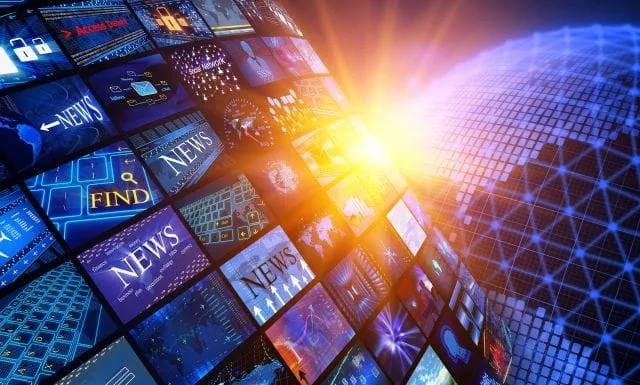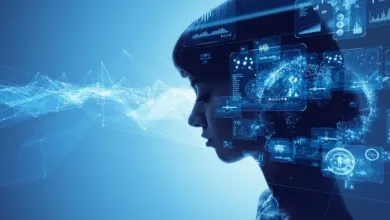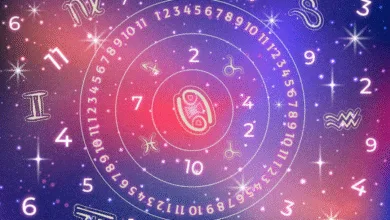Lights, Camera, AI: How Artificial Intelligence Is Transforming Entertainment in 2025

Explore how AI is transforming movies and TV in 2025 — from writing scripts to special effects and virtual actors.
Introduction
Artificial intelligence isn’t science fiction anymore — it’s part of the creative process shaping what we watch every day. From scriptwriting to visual effects, AI is changing how movies and TV shows are made, marketed, and even consumed.
In this guide, we’ll explore the exciting (and sometimes controversial) ways AI is rewriting the entertainment industry in 2025.
1. AI in Scriptwriting and Story Development
Writers’ rooms now use AI tools to:
-
Analyze audience preferences and trends.
-
Suggest plot points, dialogue, or character arcs.
-
Predict which storylines might resonate with global audiences.
While AI doesn’t replace human creativity, it speeds up brainstorming and refines drafts.
2. Visual Effects and CGI
AI has revolutionized special effects:
-
Faster rendering of realistic backgrounds and creatures.
-
De-aging or recreating actors digitally.
-
Cost-effective production for indie filmmakers.
Studios use AI to blend live action with CGI seamlessly — making once impossible scenes achievable.
3. Personalized Content Recommendations
Streaming platforms use AI-powered algorithms to recommend shows you’ll love:
-
Based on viewing history, genre preferences, and watch time.
-
Netflix, Disney+, and Amazon Prime constantly refine these algorithms to keep viewers engaged.
This personalization keeps us watching longer — and shapes what new shows get greenlit.
4. AI in Marketing and Trailers
AI tools help create multiple trailer versions tailored for different audiences. Studios test trailers online to see which version gets more engagement, clicks, and shares.
Even social media ads now adapt dynamically based on your interests.
5. Virtual Actors and Digital Doubles
AI-created virtual actors can appear in films, ads, and even live events. Digital doubles are also used for dangerous stunts or posthumous performances.
Some filmmakers explore using entirely AI-generated characters — raising ethical and creative debates.
6. Deepfake Technology: Risks and Rewards
Deepfakes can:
-
Recreate actors who aren’t available.
-
Age or de-age performers convincingly.
But they also raise concerns about consent, misinformation, and authenticity.
Studios are working to set ethical guidelines to avoid misuse.
7. Real-Time Editing and Dubbing
AI speeds up post-production:
-
Automatic color correction.
-
Real-time dubbing into multiple languages.
-
Synchronizing mouth movements for foreign-language releases.
This means global audiences get access to new releases faster than ever.
8. AI-Generated Music and Soundscapes
Composers use AI tools to:
-
Create orchestral scores.
-
Generate ambient background sounds.
-
Experiment with styles and moods.
These tools don’t replace musicians — they expand creative possibilities.
9. AI-Driven Animation
Studios use AI to:
-
Animate complex scenes quickly.
-
Enhance frame rates and resolution.
-
Reduce manual work in frame-by-frame animation.
Smaller teams can now produce stunning visuals once reserved for big studios.
10. The Big Question: Will AI Replace Creators?
Experts say no — AI is a tool, not a replacement. The best films and shows still rely on human emotion, vision, and storytelling instinct.
AI helps creators focus on big ideas by handling repetitive tasks — the heart of entertainment remains human.
Future Outlook
-
More immersive experiences (VR and AR) driven by AI.
-
Interactive shows adapting to viewers’ choices in real time.
-
AI assisting not just creators but also fans making fan edits or trailers.
The line between viewer and creator may blur.
Final Thoughts
In 2025, AI is no longer just behind the scenes — it’s a creative partner shaping the stories we love. The key challenge? Using technology to enhance storytelling without losing what makes it human.



